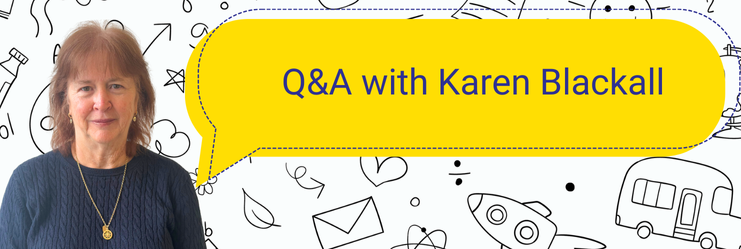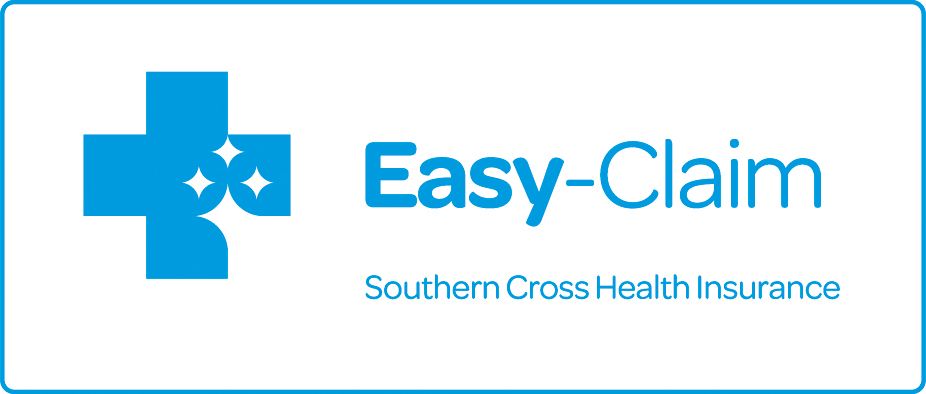Blog
From overwhelmed to empowered – how Karen helps families turn family concerns into real-life support.
Meet Karen Blackall – Your Partner in Navigating the Education System
If you’re a parent feeling overwhelmed by a recent discussion with a school, kindergarten expressing their concern for your child’s learning behaviour or following an cognitive assessment by an Educational Psychologist and you are trying to make sense of what your child needs—you’re not alone. We sat down with Karen Blackall, our warm, empathetic, and deeply experienced Educational Consultant, to talk about how she supports families during one of the most important—and often confusing—times in their child’s learning journey.
Q: Karen, what do most parents feel after they have had a meeting with their child’s school or kindergarten where concerns have been expressed?
Karen: Parents can feel overwhelmed, not knowing where to begin to help their child. My role is to support and guide families on their journey. I meet with parents to discuss all things that make their child who they are, their child’s strengths, the parents and schools concerns. I contact the school or kindergarten teachers and any other interested person to get their perspective. I observe your child to see how they learn best and then talk with them to get their perspective on their learning behaviour. This information culminates into a support plan with recommendation on your next steps alongside helpful and practical strategies
Q: What’s the first thing you do when you meet with a family?
Karen: Make a connection, share their concerns and normalise their worries. Explain and celebrate all that is good about their child, pointing out all the positives. Discussing their concerns with empathy and understanding. Find clarity and direction together.
Q: Karen you offer support for parents following a cognitive assessment by an Educational Psychologist, how do most parents feel after they receive an assessment report?
Karen: Often parents are concerned about what the assessment tests measure and what do the results mean for their child’s learning in the classroom, which is perfectly normal. Once the reports have been unpacked and explained in everyday language, there is a huge sense of relief but with that is the worry about how that impacts their child’s learning potential. This is where I talk through how the family and teacher can best support their child’s learning.
Q: What are some of the biggest worries parents share with you?
Karen: Wanting their child to be happy and wanting them not to feel any different from their class mates. The older a child gets the more aware they are their learning levels compared to their friends. By going through the recommendations within the report and what that will look like in the classroom helps parents feel empowered not overwhelmed. Reassuring them that the information in the report will help guide the classroom teacher’s approach to learning means their child will not “fall through the cracks”, and can reach their learning potential.
Q: How do you help schools understand and support a child better?
Karen: I am available to attend school meetings and advocate for your child and family. I work alongside teachers to establish learning pathways. This approach helps the teachers understand the ‘why’ behind their students learning differences or current behaviour I can make recommendations on how the information can be adapted in the classroom environment.
Q: Some parents say their child is bright but ‘can’t get started’—is that something you help with?
Karen: Yes! I support students to understand how they learn best. Providing practical ideas to conquer their worries about tasks in a practical way. Through teaching them organisational skills, tool for planning, seeking priorities of where they need to start and how best to spend their time students start feeling good about their learning.
Q: What would you say to a parent whose child is having behaviour struggles?
Karen: Explain that all behaviour is communication, what is their child wanting to communicate to them? Discovering the triggers for the behaviour and preventing them from happening in the first place is the best approach to eliminating undesirable behaviour. Providing practical strategies for parents to respond to that unwanted behaviour that protects the relationship they have with their child. This same process of identifying thus preventing the undesirable behaviour can occur with teachers at school. Providing teachers with a positive approach and practical strategies will reduce and eliminate undesired behaviour at school, therefore providing the best environment for their child to learn.
Q: Do you work directly with children as well?
Karen: Yes, I always start with the child’s strengths to build a connection, I praise often and use humour to make them feel at ease. I explain that together we can help them be their best self. I use lots of practical examples and we discuss possible solutions to any challenges that arise in a fun and relatable way. We discuss how they learn, and any social situations so the child can see how they and others might feel in any situation. I provide a toolbox of strategies that they can choose to use now or later. I record discussion in a book and share these with teachers and families, which become a reference when needing reminding later. My aim is for every child to feel good about them self as learner.
Q: What if parents are just really stuck and don’t know where to start?
Karen: Reassuring parents that they are not alone in their child’s learning journey. It’s a ‘one step at a time’ approach, choosing one area to focus on at a time, selecting one strategy first and then working from there. I make myself available to problem solve and brainstorm as we go, providing reassurance and guidance along the way.
Q: If you could say one thing to a parent who is struggling right now, what would it be?
Karen: “You are doing a great job, parenting is not easy”. Reassurance parents that there are pathways forward and solutions to their concerns with positive outcomes.
Final Words from Karen:
Every child deserves to be the best version of themselves, they deserve to be heard and understood. They will be a successful adult given time and guidance. I am here to help you navigate your child’s learning pathway and the schooling system. I want to set your child up for success so they can reach their learning potential.



